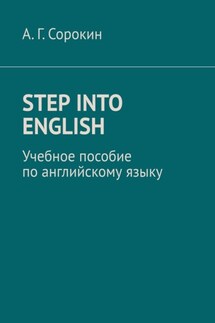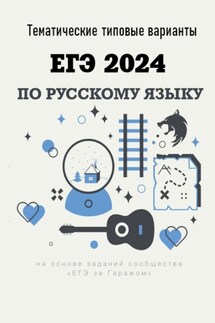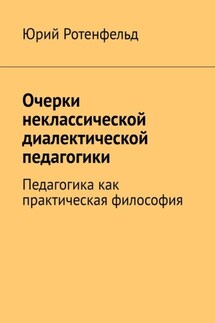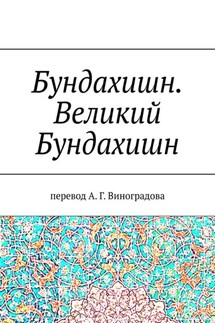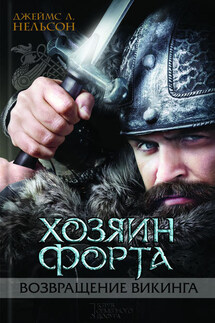Step into English. Учебное пособие по английскому языку - страница 18
– обстоятельства причины:
Having lost the key, I failed to get into my apartment. = Потеряв ключ, я не смог попасть в свою квартиру.
Paragraph 4
Помимо действительного залога Participle I используется и в страдательном залоге:
Being cooked by her food is delicious. = Приготовляемая ею еда восхитительна.
Having been cooked by her food is delicious. = Будучиприготовленная ею еда восхитительна.
Task 1
Запомните слова
попугай = parrot
встречать, наткнуться на = to come across
В чём дело? = What’s the matter?
вовлекать, вовлекаться = to involve
усталость = tiredness
завидовать = to envy
прибытие = arrival
спешить = to hurry
забывать = to forget (forgot-forgotten)
дело = case, matter
стыдиться = to be ashamed of
уставать = to tire
обвинять = to accuse
грубость = rudeness
голодный = hungry
приближаться = to approach
молчание = silence
отложить в сторону = to put aside
земля, приземляться = land, to land
самолёт = plane
заранее = in advance
падать = to fall
звезда = star
выключать = to switch
цвести = to bloom
роза = rose
издалека = from afar
навстречу мне = towards me
судьба = fate
трагическая = tragic
персонаж = character
роман = novel
волновать = to excite
часто = often
кресло = armchair
до = till, untill
утомлять = to exhaust
уставать = to tire
Task 2
Составьте слова
aapporch
aarrmchi
ccrrthaae
Task 3
Трансформируйте инфинитив в причастие и переведите
1. I heard from afar the (to arrive) train.
2. Yesterday we listened to a (to talk) parrot.
3. She felt (to approach) tiredness.
4. We noticed a (to land) plane.
5. They were watching a few (to fall) stars.
6. Soon we will smell the (to bloom) roses in our garden.
7. I saw a (to come) towards me girl.
Task 4
Трансформируйте инфинитив в причастие и переведите
1. (to read) the novel I often thought about the tragic fate
of its characters.
2. Not (to know) the result I canceled the meeting.
3. He sat in the armchair (to think) of the future.
4. We are (to watch) TV right now.
Task 5
Трансформируйте инфинитив в причастие и переведите
1. I like the (to buy) cake.
2. They live in a house (to build) in the XIX century.
3. The presentation (to make) at the meeting attracted
our attention.
4. (to tire) after hard work, he watched TV.
5. She looked very (to excite).
6. I feel a little (to tire).
7. We got (to exhaust).
Task 6
Трансформируйте инфинитив в причастие и переведите
1. (to work) at the office till night, he was tired.
2. Not (to sleep) at night, she didn’t feel well in the morning.
3. Not (to eat) enough, I was hungry.
4. (to watch) TV, they went to bed.
5. (to fix) his car, he went to the office.
6. (to read), she put the book aside.
Task 7
Трансформируйте инфинитив в причастие и переведите
1. I’m afraid of (to accuse) in rudeness.
2. He is ashamed of (to involve) in the matter.
3. (to ask) by the police, he kept silence.
4. (to show) the wrong direction, we lost our way soon.
5. The (to find) book was lying on the table.
6. (to inform) of the train’s arrival, he hurried to the station.
Task 8
Переведите диалог
– Ты выглядишь усталым. В чём дело?
– Вчера, просматривая Интернет, я наткнулся на
интересные статьи и читал их до полуночи. А вы чем
занимались?
– Закончив работу, мы отправились вчера на вечеринку.
Было весело!
– Завидую. Будучи приглашенным, я всё же решил остаться
дома. Другой раз сходим вместе.
Chapter 15. Infinitives
Попробуйте перевести
– Что планируешь делать вечером?
– Я привыкла гулять перед сном. Но сегодня это
